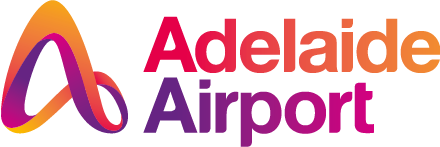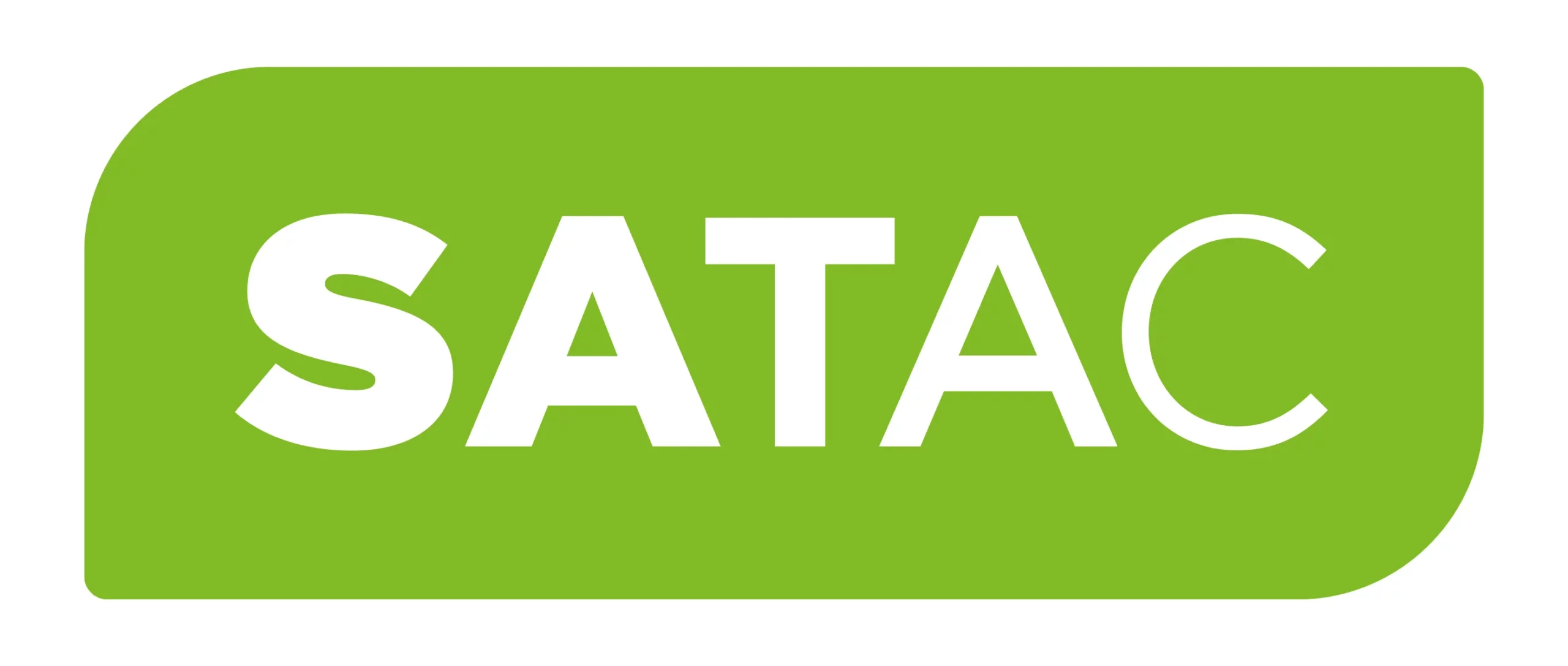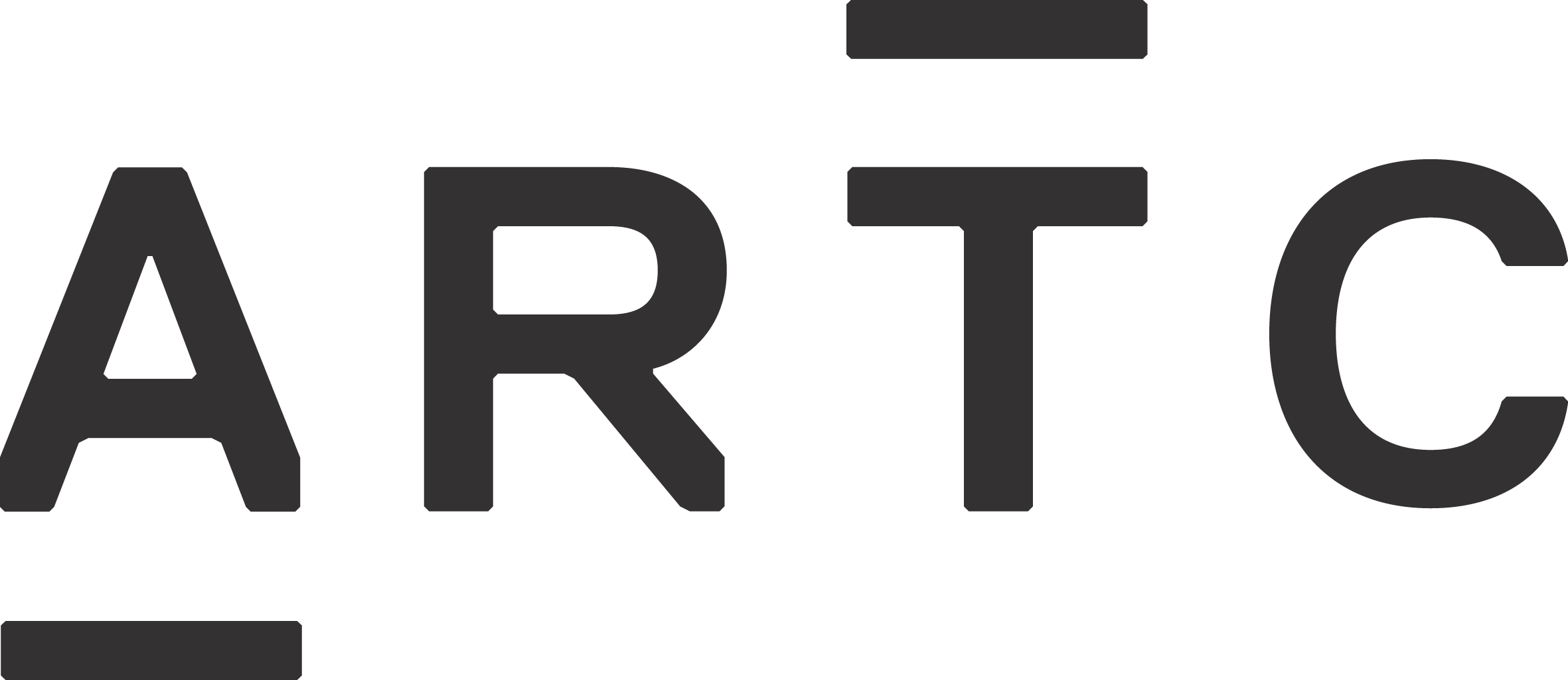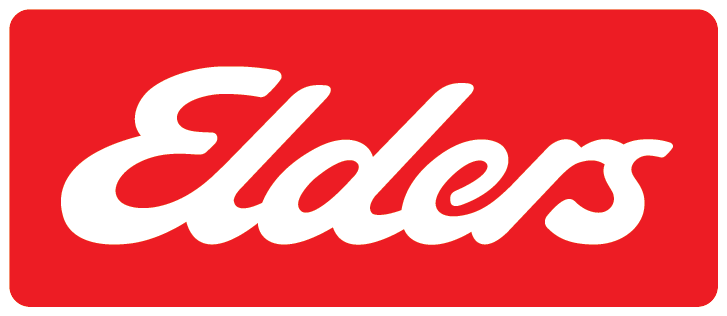A Content Management System (CMS) is a common attribute of having a large, scalable website. The CMS allows the website owners to update content, manage users, receive and manage orders, along with warehousing and so-on all via a web browser.
What separates one Content Management System from another comes down to two things – extendability and ease of use.
When choosing a CMS, it’s important that what you invest in today is something that will still meet your needs in one, two or five years time. Does the CMS have other options in addition to managing content? Can you have products for sale via your website? Can you manage inventory with it? Can you create secured areas where a user must have a username and password to access it? Can you converse via the website using comments or sending e-newsletters/EDMs?
The CMS also must be easy to use – it must be a simple process to be able to update the page content on your site, add a new user, manage “sets” of data (such as a listing of all staff) as well as allow different types of users to manage different aspects of the website.
No matter how unusual it might seem, we would love to hear about it and see how we can help.
At iugo, we specalise in utilising the world’s most used CMS, WordPress. WordPress’ popularity revolves around its ease of use and its ease of use to implement with. Here’s 5 more reasons why WordPress could be an ideal fit for your website:
WordPress is a popular and widely-used content management system (CMS) that powers over 40% of all websites on the internet. It was first released in 2003 and has since evolved into a versatile platform for building websites, blogs, e-commerce stores, and more.
WordPress is an open-source software, which means it is free to use, modify, and distribute. This open nature has fostered a large and active community of developers, designers, and users who contribute themes, plugins, and support to the platform.
WordPress offers a user-friendly interface and a flexible architecture, making it accessible to users of varying technical skill levels. It employs a template-based system that allows users to customize the appearance and functionality of their websites using themes and plugins.
WordPress provides extensive customization options through its vast library of themes and plugins. Themes control the visual design of a website, while plugins add specific features and functionality. These can range from basic elements like contact forms to complex e-commerce systems.
WordPress is highly scalable and can be used for websites of all sizes, from small personal blogs to large corporate websites. Its scalability is due to its modular architecture, which allows for easy expansion and integration with third-party tools and services.
Short answer: not always!
Longer answer: it depends on what the objectives are for your website. If your website is more of a web application where it’s more of a tool rather than an information source, then you could be better off using a cut-down version of a CMS.
This cut-down version will still allow content administrators the ability to update content throughout the website/web application, but won’t have all the bells & whistles of a full-blown CMS like WordPress or other systems.
However, a cut-down version doesn’t come with the overheads and restrictions. Made-to-measure web apps are typically done using non-CMS tools as the prime focus is functionality with content management secondary.
So rule of thumb is: what are you looking to solve with the website? Is it a tool, or an information source?
We’d love to help you identify this is you need more help. Please get in touch!








Suite 6, 153 Unley Road
Unley SA 5061 – View on a map
Any questions? Just send us an email at [email protected] or call us at +618 7120 8888.
iugo Pty Ltd
Funny name. What’s iugo anyway? Well, it’s latin – meaning “to connect and couple”. Creatively and technically.
ABN 85 107 961 802
Read our Privacy Policy.
Copyright © 2024 | All rights reserved